On June 5, 2013, Pasquines was launched to cover the relationship between Puerto Rico and the United States in a way that better reflected the reality of the territory. Inspired by the practice in Puerto Rico of posting repetitive political flyers in public areas to spread a message, i.e., pasquinear, its articles are meant to tell the stories that often go underreported or ignored repeatedly. Eventually, our scope expanded to include Guam, the US Virgin Islands, American Samoa, and the Northern Mariana Islands for their similar political conditions within the US.
Since then, our mission has been to end the insularity between the United States and its territories and to inspire the inclusion of these citizens in all critical considerations; and our vision is to provide factual, accurate, and thorough content for unreported and ignored issues focusing on the affairs of the United States territories.
Importance of context
Over the last decade, we have sought to cover the untold stories of the territories in ways that provide important context that often needs to be provided by other media outlets. Highlighting unknown facts, emphasizing accurate information, and asking questions that others don’t, we strive to serve as the resource to better understand and know the US territories. Lacking full political power to determine their future, the territories then must rely on other avenues to protect their interests, and information is key in this regard.
Vulnerable to environmental, economic, and international factors outside of their control, we have seen firsthand the importance of continuing to cover the news from these islands. Even after a century of the same political status, the lack of knowledge and recognition of the territories is still very palpable today. Not only do we keep seeing stories that show how being a resident of the territories can result in major inconveniences, if not outright discrimination, but as a nonprofit organization, we have directly experienced the consequences. Denied access to promote our internship program at some universities or being told we’re ineligible for certain grants for “not being a US organization,” Pasquines experiences these same issues, further validating the need and importance of our work.
We started focusing on politics under the “all the politics” mantra but have now grown across ten editorial beats focusing on local, federal, economic, political, court, science and environmental affairs, along with data and polling, design and innovation, opinion, and civic and community engagement. Recognizing the unique challenges in each one of these areas, we have committed to independent, objective reporting that helps national figures know about the situation in the territories and island residents understand the impact of national decisions on their daily life.
Meanwhile, we have also served as a training and educational organization to nearly 150 interns from across the world. In that process, we have asserted our commitment to our internship program as a key component of our mission, allowing us to not only directly report on the issues of the territories but through the aspiring journalists that formed part of our program, help other media organizations have more insight and understanding of these islands.
History in the context of a decade
In the last ten years, so much has happened in the territories. Political, tropical, and economic storms have left their mark, and we’ve been honored to bring attention to the territories during difficult and challenging times. Devastating hurricanes and typhoons have wrought havoc on their infrastructure. Economic issues have plagued the local governments and resulted in increased control from the federal government through unelected entities. Governments have been toppled by corruption, dissatisfaction, and changing headwinds. A pandemic upended life as we knew it. And we were there to report on it all.
Our work has also featured important reviews of the effects of colonialism in areas like perception, innovation, and the economy. We have examined the role of democracy, conservation, and identity in shaping life for these insular areas. The future potential of conflict or changes in citizenship have featured prominently in our reporting.
This decade has seen us grow significantly, partnering with incredible organizations that have helped us continue to spread awareness and grow our audience. Collaborating with The Washington Center, we have worked with incredible interns that have produced some of our best work. Becoming a fiscally-sponsored collective of the Open Collective Foundation, we are now able to fundraise for our efforts through tax-deductible donations. And recently, we have reaffirmed our commitment to best practices in journalism, being admitted as members of LION Publishers and the Institute for Nonprofit News.
The future, in context
Ten years, nearly 150 interns, 1,900 posts, 257,000 readers, and more than 459,000 pageviews later, we have made incredible progress in spreading awareness about the US unincorporated territories. We’ve been recognized in national outlets and caught the attention of government leaders. But our work is far from finished.
Cognizant of the constant stream of reports that indicate how little the mainland population knows about the territories, seeing how often Google searches suggest whether these islands are states or independent countries, and reading articles from other outlets that contain errors, we have our work cut out for us. But we will continue to be here, passionately telling these important stories.
Our impact has been possible thanks to the countless hours of work put in by our volunteers and interns, and to them, my heartfelt thank you. To our supporters across social media, who help us reach more people by sharing and interacting with our content: we hope to keep counting on your support. And to our donors, that enable us to keep our website up and running and market our articles amidst an increasingly challenging digital landscape,
It has been an honor and a privilege to serve as the editor in chief of this small but mighty organization, and I cannot wait to see what is to come for us. Pasquines is in its best shape yet, and with our new tools, resources, and partners, we ought to become even more known for the sake of the territories. We sincerely hope you will join us for the ride.
Having learned countless lessons, reflecting on the events we’ve covered over the last decade, and being aware of the challenges that lie ahead, we reaffirm our commitment to our mission and to the territories. For the context of Puerto Rico, Guam, the US Virgin Islands, American Samoa, and the Northern Mariana Islands, we will keep pushing forward.
We believe that the United States territories of Puerto Rico, Guam, the US Virgin Islands, American Samoa, and the Northern Mariana Islands are needlessly absent from national conversations involving politics, policy, design, and innovation. At the same time, local discussions negate the impact that federal issues have on life in these jurisdictions. That is why we are focused on bringing local issues to the national conversation and national issues to local consideration. In the face of a challenging environment for journalism, we seek to pioneer innovative news publishing focused on rising students and journalists; raise awareness of the existence and conditions of the territories; and inspire inclusion of these citizens in all critical considerations. With ardent tenacity to eradicate the insularity between the nation and the territories, we publish the context of islands.
This is the last in a series of articles examining the United States and its relationship with the territories, marking a decade after Pasquines’ founding. Please help us continue covering the context of islands by making a donation today.

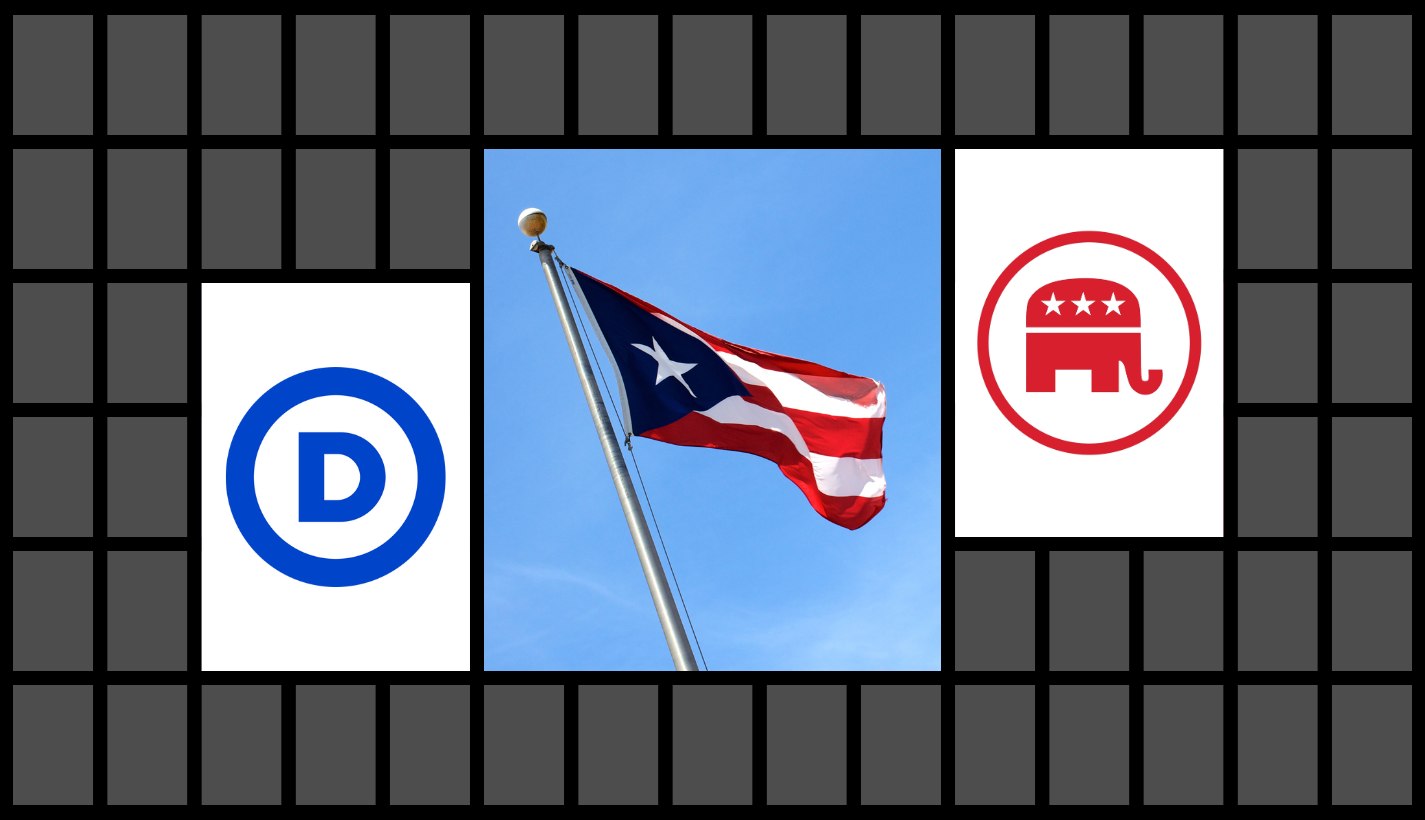
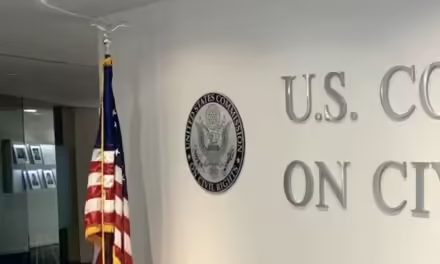

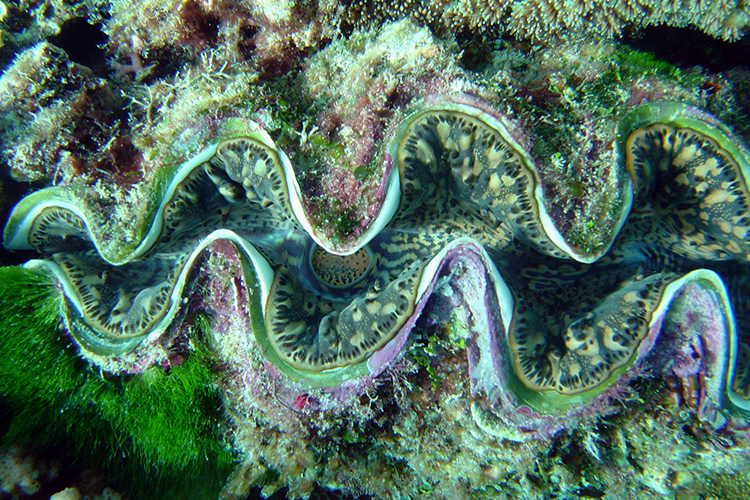
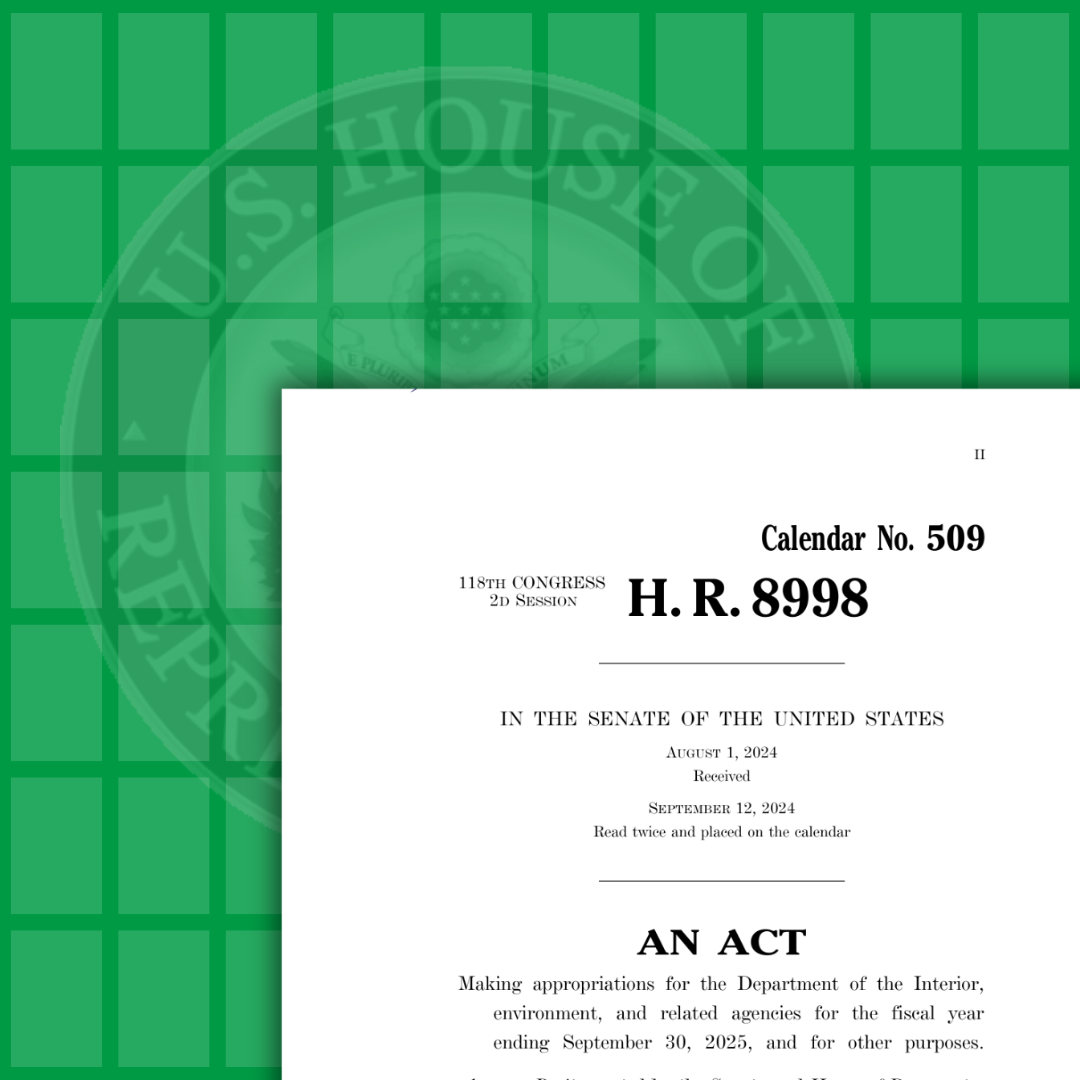
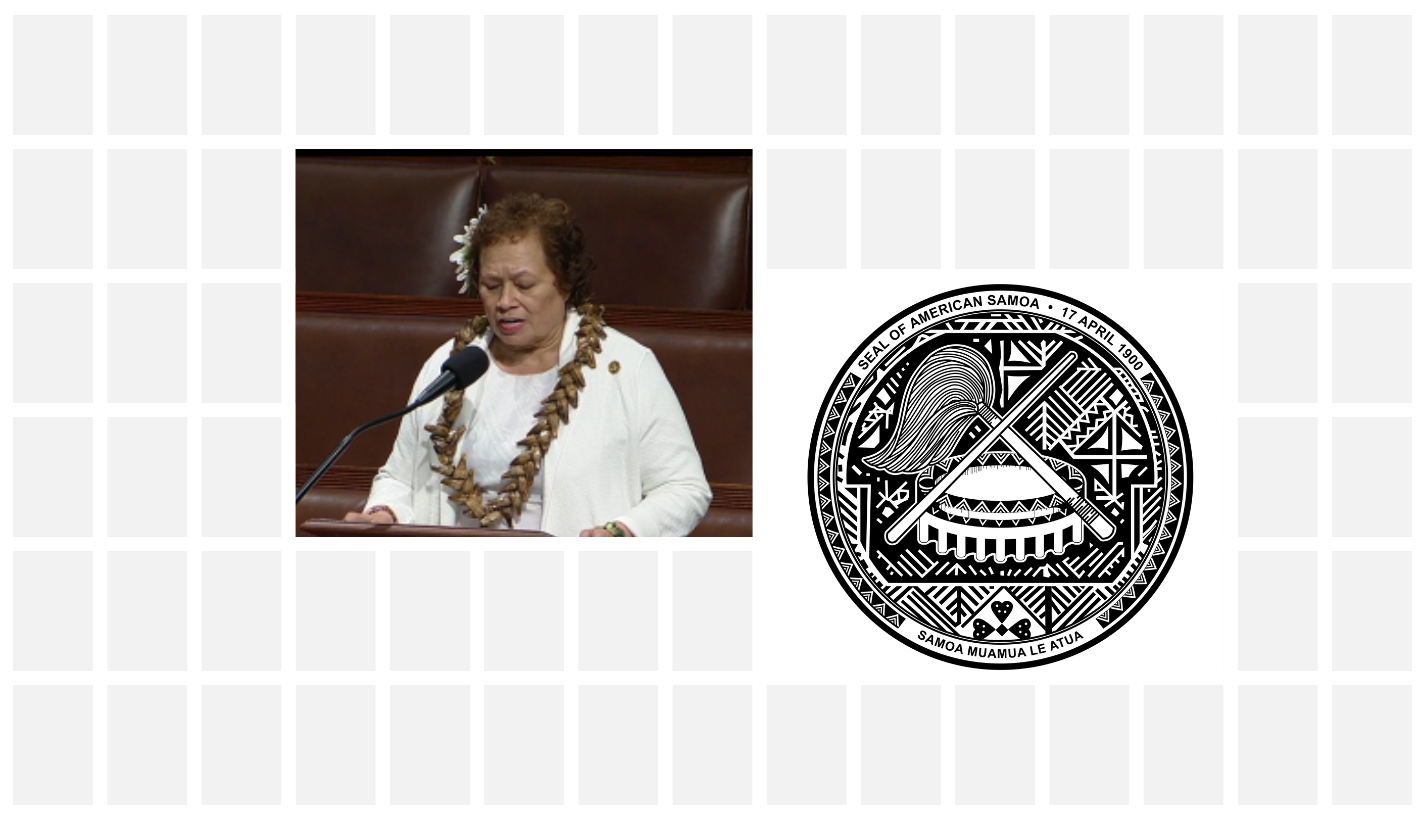
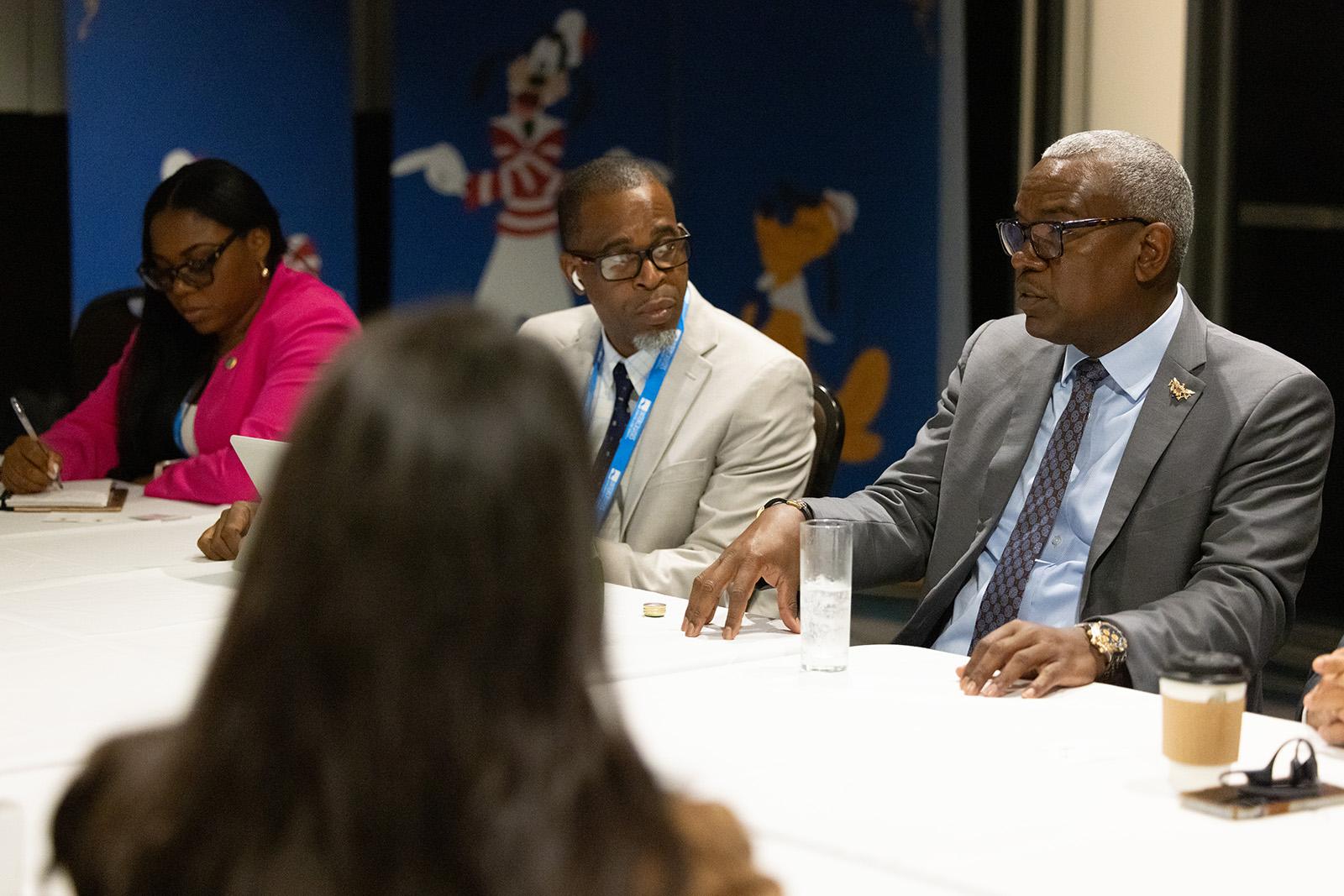



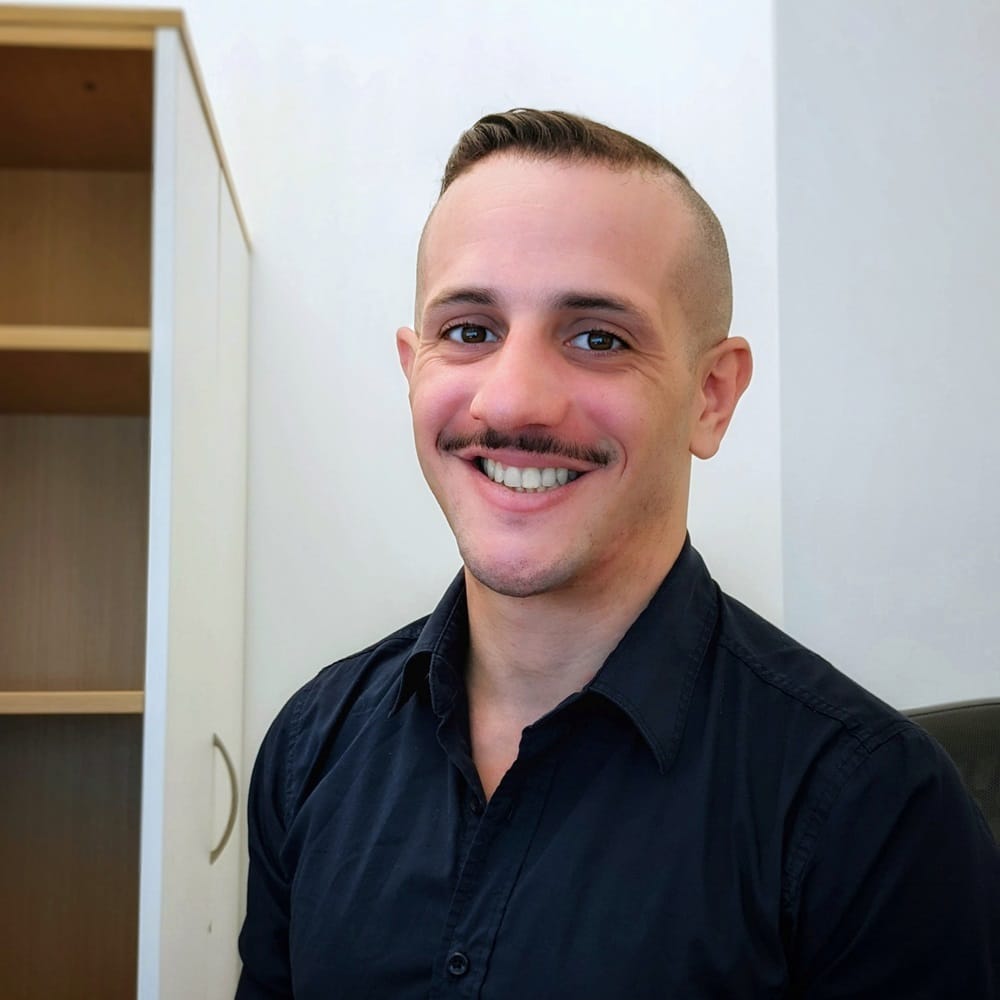
0 Comments